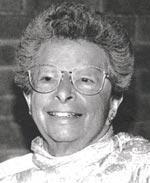Religion
Lizzie Spiegel Barbe
Lizzie Spiegel Barbe, a member of a prominent Chicago family, devoted more than fifty years of her life to being a clubwoman and leader within the Chicago Jewish community. Like other “Jewish Clubwomen” of this era, Barbe was motivated to establish leadership roles for women that had previous not existed within the organized Jewish community.
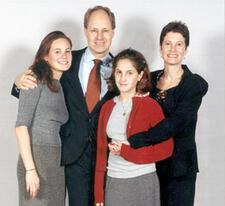
Patricia Barr

Barren Women in the Bible
The Hebrew Bible tells six stories of barren women: three of the four matriarchs (Sarah, Rebekah, and Rachel); the unnamed wife of Manoah/mother of Samson; Hannah, the mother of the prophet Samuel; and the Shunnamite woman, an acolyte of the prophet Elisha. Each woman suffers a period of infertility, in some cases exacerbated by the presence of a fertile, though less beloved, rival wife. Eventually, God intervenes and the woman conceives, but the beloved son is then dedicated back to God, either in service or in sacrifice.
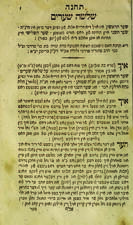
Sarah Bas Tovim
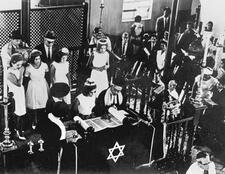
Bat Mitzvah: American Jewish Women
When Judith Kaplan Eisenstein became the first American girl to mark her bat mitzvah on March 18, 1922—two years after women were guaranteed the right to vote in the US—she recalled “shock[ing] a lot of people,” especially her disapproving grandmothers. Today, American girls across the Jewish spectrum, from secular to ultra-Orthodox, mark their coming-of-age in various forms.
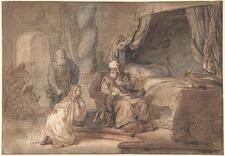
Bathsheba: Bible
Bathsheba is the married woman whom King David takes in adultery and who, though initially passive, becomes the pivotal figure in his downfall. The king has Bathsheba’s husband, Uriah, slain in battle and then takes her as a wife. While her first child, conceived in adultery, dies, the second, Solomon, becomes heir to the throne as a consequence of Bathsheba’s maneuverings.

Bathsheba: Midrash and Aggadah
As in the Bible, Bathsheba plays a secondary role in the midrashim about her husband, King David, and her son, King Solomon. The rabbis view her as a righteous, guiltless woman, both during David’s life and as an advisor to Solomon.
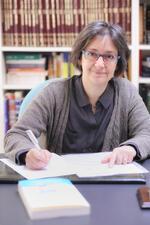
Pauline Bebe
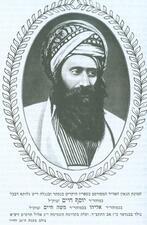
Ben Ish Hai
The Ben Ish-Hai, R. Joseph Hayyim b. Elijah, was a well-known Baghdadi Torah scholar. He wrote many responsa and halakhic books, which included his rulings on women’s halakhot.
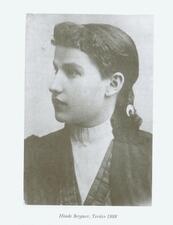
Hinde Bergner
Hinde Bergner holds a special place in Yiddish literature by virtue of the fact that her memoir of family life in a late nineteenth-century Galician shtetl is one of few extant Yiddish memoirs to describe the traditional Jewish family on the edge of modernity from the perspective of a woman. Her intimate portrayal of her life results in a valuable source for Jewish social, family, and women’s history.
Leah Bergstein
Leah Bergstein was the first of the choreographers in Palestine who, at the beginning of the 1930s, created festival dances at kibbutzim that depicted life in pre-state Israel and on agricultural settlements. The unique festival pageants she created, often with poet-composer Mattityahu Shelem, contributed to the development of rural Israeli festivals and holiday celebrations and the creation of the first Israeli dances.
Rayna Batya Berlin
Rayna Batya Berlin was a Lithuanian woman committed to religious study who argued that women should be able to study the Torah and the Talmud. The only source of her life was written by her nephew, who describes her frustration with her subjugated status in her community and how she generally suffered in silence.
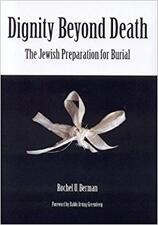
Rochel Berman

Amy Bernstein

Beruryah
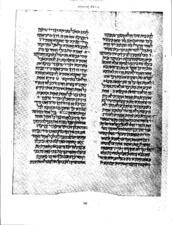
Bet Hillel and Bet Shammai
Biblical Women in World and Hebrew Literature
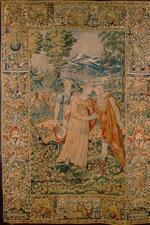
Bilhah: Bible
Bilhah is given to Rachel as a maid and would later serve as a surrogate mother for Rachel when she could not conceive. Though the story records none of Bilhah’s thoughts or words, she gives birth to two of Jacob’s sons for Rachel, Dan and Naphtali, and is remembered as one of the ancestresses of the Israelites.

Bilhah: Midrash and Aggadah
Bilhah was the maidservant of Rachel and mother of Dan and Naphtali. The rabbis fill in details about her life, her relationship with Jacob, and the confusing incident between Bilhah and Reuben, Jacob’s eldest son.
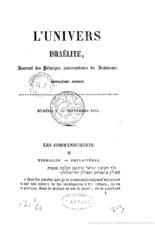
Julienne Bloch
Julienne Bloch was a writer and educator who used her career to strengthen the Jewish community in nineteenth-century France by pushing back against the assimilation and secularization of her fellow French Jews, especially Jewish women.
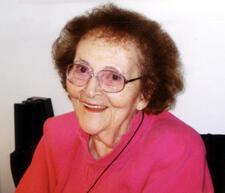
Hadassah Blocker
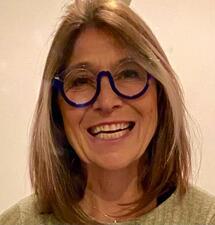
Analía Bortz
Analía Bortz is the first Latin American woman ordained as a Conservative rabbi. Her approach to spirituality and religion combines with her medical training. As a doctor specializing in bioethics, she has also helped women and couples with fertility issues.
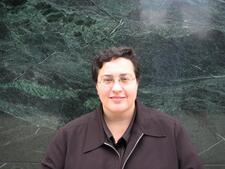
Marla Brettschneider
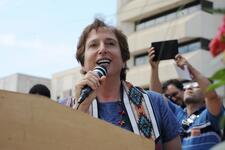
Deborah Brin
